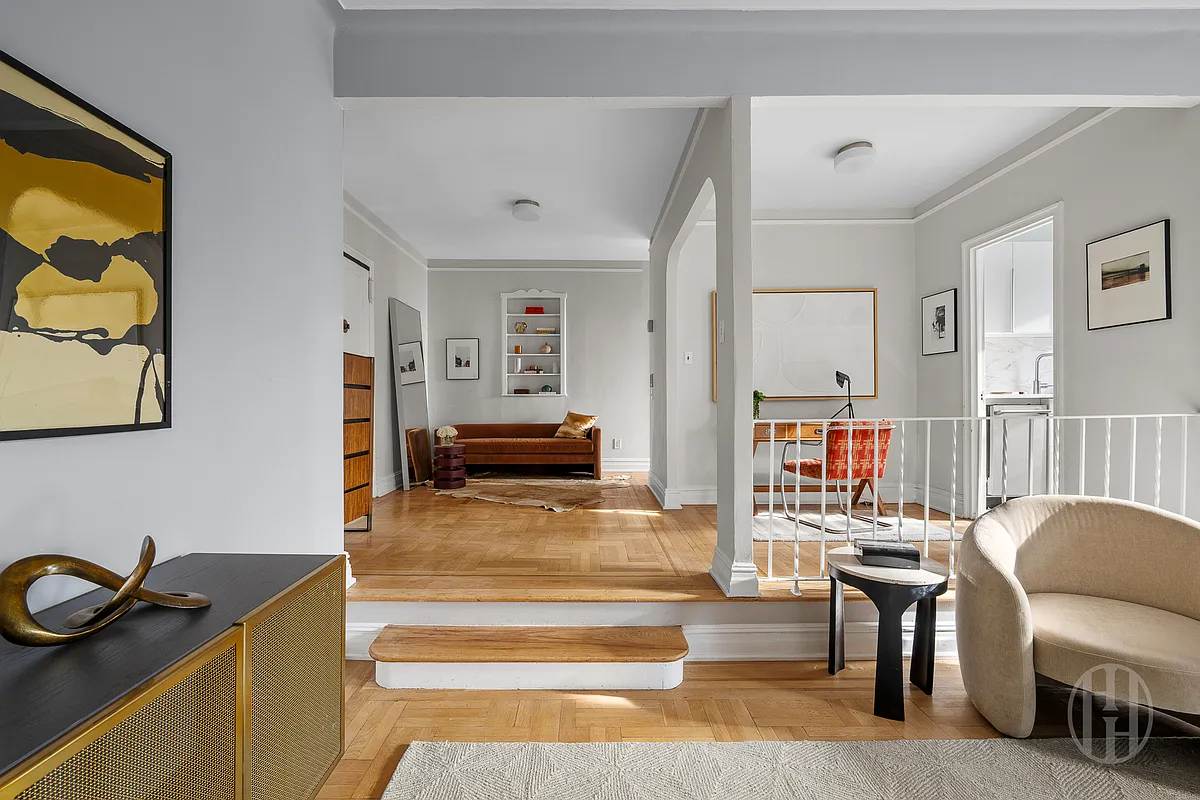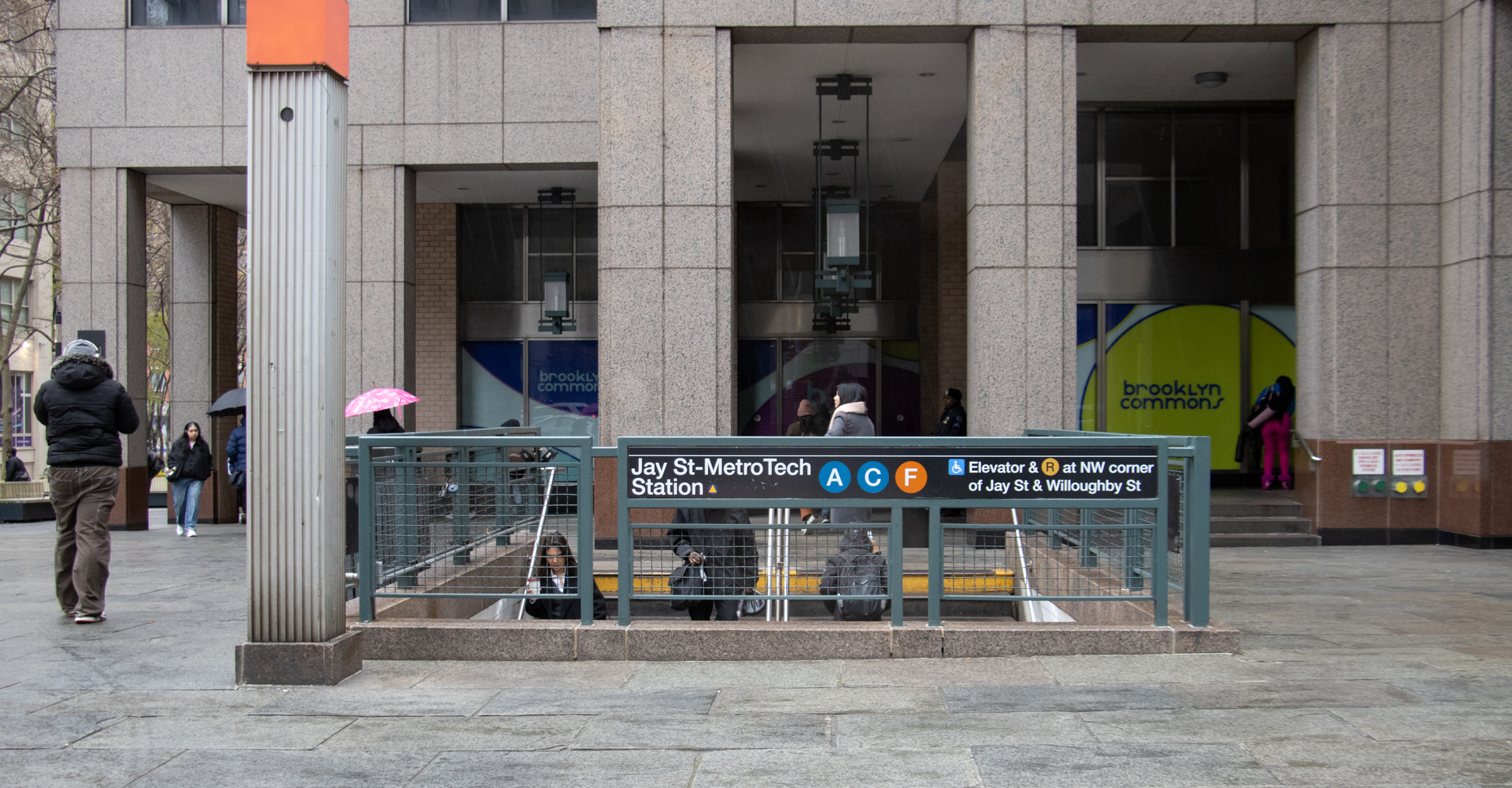Refinancing: How Sweet It Is
We’ve had a 6 percent 30-Year fixed mortgage since we bought our house in 2005. With rates at historic lows, we, like many people, started looking into refinancing earlier in the year, but had to put it on hold until we got tax extensions, and then returns, filed. When we spoke with the mortgage specialist…
We’ve had a 6 percent 30-Year fixed mortgage since we bought our house in 2005. With rates at historic lows, we, like many people, started looking into refinancing earlier in the year, but had to put it on hold until we got tax extensions, and then returns, filed. When we spoke with the mortgage specialist at Chase in February the conforming loan limit for a two-family house in Brooklyn was just south of $800,000. When we got on the phone yesterday morning we were pleased to learn that the conforming limit had recently been raised to $934,200; the single-family limit is $729,750. We were able to do a 90-day lock for a 1/4 point at 5 percent. Here’s where you have to start to question how low prices can really go: With rates where they are right now, you could, say, buy a $1.2 million house and lock in mortgage payments of $5,000 a month; assume you make $1,500 on your rental and you’re down to $3,500; throw in the tax breaks and you’re down to $2,500; add back in $1,000 a month for taxes and insurance and you’re back up to $3,500. $3,500 a month to own your own house in New York City and have, say, 2,400 square feet of living space for yourself (three out of four floors). The trickier part comes when you need to finance more than that $934,200. Have any readers gotten financing for significantly more than that recently? How did you structure it? We heard from Chase that HELOCs are quite hard to get right now?





What…everyone realizes that after year 15 you will have paid off 26% of your mortgage. What is your point? Do you think we don’t realize it is not 50%. So you are left with 74% of your mortgage after year 15, $592,000 of an $800,000 mortgage. Guess what, whether your refi or not, it is still $592,000. And if you want to get another 30 year, 15 years later I realize, if you only pay the minimum, you will still have 74% of the $592,000 left on your mortgage versus being paid off. Is this what you are trying to enlighten us with? However, if you take the cash you saved in lower payments and use it to pay principal, you will pay off your mortgage significantly quicker than 15 years
Simple math
Non refi – year 16 of $800,000 7%
$5,322 (monthly payment), $3,454 in interest
Refi – year 16 – 5%
Payment $3,179 per month / $2,467 towards interest
You can put an additional $2,143 towards principal if paying same amount
Thus, in nonrefi, you put $1,868 towards paying down principal each month
In Refi, you put $2,855 towards principal, and this number gets larger more rapidly since you are paying off more principal in this scenario
So, does the extra $1,000 a month in paying principal make up for closing fees. Granted, because of tax deductibility of interest, it is not quite this compelling, but it is still a no brainer
“We just refinanced at 4.875, with no points. It was worth it. We’ll make up our closing costs in less than two years, and we have no plans to move.
Posted by: Vanderman at May 14, 2009 3:18 PM”
How many mortgage payment have you made???????? How much interest have you paid??? How much is the offset????
The What
Someday this war is gonna end…
“BTW, we didn’t mean to claim that the market WAS bottoming out, just that, assuming you could come up with the downpayment, that carrying the costs of a two-family house in a medium-priced area was getting pretty manageable at these rates…Just said it makes you wonder how low prices can go given those numbers.”
Mr. B, I don’t get that at all. Seems your argument is that the “manageability” is mainly a function of low interest rates. If interest rates go up, why WOULDN’T prices go lower? (Maybe monthly carrying costs would not go lower, maybe even go higher if interest rates are high enough, but PRICES would have every reason to go down.)
“Assuming these are the exact numbers, which they are not quite, it looks like over the life of the loan, Mr. B saves $108k.”
Ok last time!!!!!!!!!!!!!
HOW MUCH INTEREST HAS MR.B PAID FOR 3.5 YEARS???????????!!!!!!!!! OFF THE TOP ABOUT 150,000!!!!!!!!!!!!!!!!!!!!!!! THAT FUCKS YOUR ANALYSIS UP!!!! THE PREVIOUS 3.5 YEARS IN INTEREST PAYMENTS DOES NOT DISAPPEAR!!!! YOU MATHEMATICAL CHALLENGE ASSHEAD!!!
AND HE HAS TO START ALL OVER AGAIN!!!!!! YEAR ONE OF A 30 YEAR MORTGAGE!!!!
The What (WOW!)
Someday this war is gonna end…
also refi’d at 4.875, no points.
“BTW, we didn’t mean to claim that the market WAS bottoming out, just that, assuming you could come up with the downpayment, that carrying the costs of a two-family house in a medium-priced area was getting pretty manageable at these rates…Just said it makes you wonder how low prices can go given those numbers. ”
Even if it is becoming pretty manageable, what happens if the less-manageable prices in higher-priced area continue to drop? There’s also going to be downward pressure from above.
We just refinanced at 4.875, with no points. It was worth it. We’ll make up our closing costs in less than two years, and we have no plans to move.
Actually, I wasn’t disagreeing with what. Nor was I trying to insult him. I was challenging him to put some real numbers up for consideration. Mr. B even went further and put some more data out there. I could see if you are fifteen years into a mortgage that refi’ing to a new 30 might be a bit nutty. I was hoping to see the number on Mr. B. 3.5 years in. Some above say this is irrelevant. Let’s see the numbers that say it is.
Here’s one thumnail way to look at it:
Old loan = 6k/mo * 12 mo * 26.5 yrs = $1,908,000
Refi = 5k/mo * 12 mo * 30 years = 1,800,000
Assuming these are the exact numbers, which they are not quite, it looks like over the life of the loan, Mr. B saves $108k. Since the principle balance is the same, this is a savings in interest. But, when you consider that Mr. B spends $240k in the last 3.5 years of the new loan, he has really saved more like $350k over the remainder of the old loan period. The downside is all at the back end, which is a long time away and who knows if he will still own the house then. Except that, if he sells at any point, he will have paid off a bit less equity under the refi, and will therefore net less from the sale. But that only partly offsets the savings. And the money he has already spent is a wash because it applies the same in either scenario.
But I am ready to be proven wrong. Show us the money, what. Any of you finance types disagree with the back of this lowly lawyer’s envelope?
FSRQ;
You are not missing anything. Any investment decision always comes down to the anticipated return looking forward. It’s simply a matter of whether the savings in interest costs (discounted for the period of time you intend to remain in the home) justifies the upfront fees (including the mortgage recording tax).